Guide to Sustainable Living Practices You Can Start Today
Evaluating Your Needs Before Shopping
Before you even step into a store, or click on a website, take a moment to honestly assess your needs. Are you truly missing something, or are you succumbing to impulse buys fueled by advertising or social media trends? Consider whether the item you're considering is truly necessary for your life or if it's just a fleeting desire. This self-reflection is crucial for minimizing unnecessary consumption and promoting conscious spending habits. Think about the long-term benefits and drawbacks of acquiring a particular item. Will this purchase truly enhance your life or simply add to the clutter and waste you already have? Taking the time to evaluate your needs before making a purchase is a powerful tool in the pursuit of a more sustainable lifestyle.
One of the most effective ways to reduce consumption is by practicing the needs vs. wants method. This involves critically distinguishing between things you truly need for survival, health, and well-being, and things you simply desire. If an item falls into the want category, ask yourself if it aligns with your long-term goals and values. If not, you might want to reconsider the purchase. Keeping a shopping journal or a digital inventory of your possessions can also help you track your spending habits and identify patterns. By understanding your current possessions and needs, you can make more informed decisions about what to buy and what to let go of.
Making Informed Choices and Supporting Sustainable Brands
Once you've identified your needs, it's time to explore options responsibly. Look beyond the superficial appeal of products and delve into the details of their production, sourcing, and environmental impact. Research brands known for their ethical and sustainable practices. Seek out products made with recycled materials, locally sourced components, or those with minimal packaging. Supporting businesses that prioritize sustainability not only reduces your environmental footprint but also encourages a wider adoption of eco-friendly practices within the industry. This conscious purchasing approach can have a ripple effect, fostering a more responsible and sustainable marketplace for everyone.
Don't be afraid to explore secondhand options. Thrift stores, online marketplaces, and consignment shops offer a treasure trove of gently used items at a fraction of the cost of new ones. This not only reduces your consumption but also gives new life to existing products. By choosing pre-owned items, you're actively participating in a circular economy, minimizing waste, and saving money. Furthermore, consider renting or borrowing items instead of purchasing them outright, especially for things you only need occasionally. This approach further reduces your overall consumption and promotes resource sharing within your community.
By carefully considering your needs, evaluating the environmental impact of products, and supporting sustainable brands, you can significantly reduce your consumption and contribute to a more eco-conscious lifestyle. Making informed choices extends beyond the immediate purchase and fosters a deeper understanding of the interconnectedness between our consumption patterns and the environment.
Remember, reducing consumption is a journey, not a destination. Be patient with yourself, celebrate small victories, and continue learning and growing in your sustainable practices. Every conscious choice you make towards mindful consumption contributes to a more sustainable future for all.
Embrace Zero Waste Practices at Home
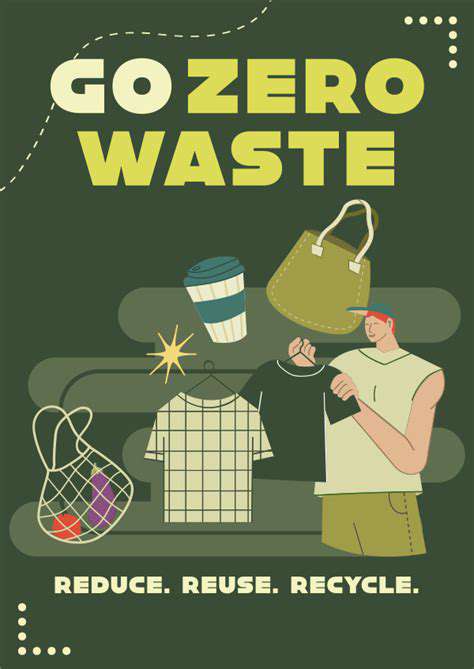
Embracing Minimal Packaging
Reducing waste starts with mindful consumption, and one of the most impactful ways to do this is by embracing minimal packaging. Choosing products with less packaging reduces the amount of material that ends up in landfills. This involves a shift in perspective, moving away from the convenience of overly-packaged goods to appreciate the simplicity and environmental benefits of products with minimal or recyclable packaging.
Consider purchasing products in bulk whenever possible. This significantly decreases the overall packaging used, and often results in more affordable prices. Many stores offer bulk options for common household items, such as grains, nuts, and spices, allowing consumers to reduce their reliance on individually packaged items.
Prioritizing Reusable Items
Adopting reusable alternatives is a cornerstone of zero-waste living. This encompasses a wide range of items, from reusable shopping bags to water bottles. Making a conscious effort to replace single-use items with reusable options significantly lessens our reliance on disposable materials. This simple act can have a substantial positive impact on the environment.
Investing in reusable containers for food storage and reusable coffee cups are other excellent examples. This reduces the need for disposable containers and cups, decreasing the overall amount of waste generated.
Composting Food Scraps and Yard Waste
Composting is a simple yet effective way to divert food scraps and yard waste from landfills. Transforming these organic materials into nutrient-rich soil amendments for your garden is a win-win for both your environment and your plants. Composting reduces the need for chemical fertilizers, which can have detrimental effects on the soil and surrounding ecosystems.
Many municipalities offer composting programs or have designated composting areas. This makes the process even more accessible and encourages participation in this vital environmental practice.
Reducing Single-Use Plastics
Single-use plastics are a major contributor to pollution. Swapping out single-use plastic items for more sustainable alternatives is a crucial step in reducing our environmental footprint. This includes replacing plastic bags with reusable bags, plastic water bottles with reusable water bottles, and plastic straws with reusable straws.
Simple swaps like these can make a noticeable difference in the amount of plastic waste we generate.
Proper Recycling and Waste Sorting
Understanding and practicing proper recycling and waste sorting is paramount for effective waste management. Accurate sorting ensures that recyclable materials are processed correctly, minimizing contamination and maximizing their value. Learning the specific guidelines for your local recycling program is essential for successful participation. Many municipalities provide detailed information on their websites or at local community centers.
Taking the time to properly sort your waste ensures that resources are used efficiently and that the recycling process is as effective as possible.
Supporting Businesses with Zero-Waste Initiatives
Choosing businesses that prioritize zero-waste practices is another vital aspect of embracing this lifestyle. Seek out companies that utilize sustainable packaging, prioritize recycling, and minimize waste in their operations. This support encourages a shift towards more sustainable business models, contributing to a wider adoption of zero-waste principles.
Supporting these businesses sends a clear message that consumers value sustainability and are willing to patronize companies that share this value.
From bustling city markets overflowing with exotic spices to quiet farm-to-table restaurants showcasing regional delicacies, the culinary landscape of this nation is a vibrant tapestry. This tapestry is woven with threads of tradition, innovation, and a deep-seated love for food. The diverse range of flavors reflects the nation's rich cultural heritage, showcasing the unique ingredients and preparation methods that have been passed down through generations.
Conserve Energy and Water: Practical Tips for Everyday Life

Conserving Energy: Simple Steps
Energy conservation isn't just about saving money on your utility bills; it's a crucial step in protecting our planet. Implementing simple changes in your daily routines can significantly reduce your energy consumption and lessen your environmental impact. One of the easiest ways to conserve energy is by switching to energy-efficient light bulbs. These bulbs use significantly less energy to produce the same amount of light, resulting in substantial savings over time.
Another effective strategy is to unplug electronics when not in use. Many devices continue to draw power even when turned off, which can add up over time. Regularly unplugging chargers, televisions, and other appliances when not needed can substantially reduce energy waste.
Water Conservation: Everyday Habits
Water conservation is equally important for our environment and our communities. Every drop counts, and implementing small changes in our daily routines can make a big difference in water usage. Taking shorter showers is a simple yet effective way to conserve water. Aim for showers that are no longer than five minutes, and consider installing low-flow showerheads to further reduce water consumption.
Fixing leaky faucets is another crucial step in water conservation. Even a small drip can waste a significant amount of water over time. Regularly checking for and fixing leaks can save hundreds, or even thousands, of gallons of water throughout the year.
Energy-Efficient Appliances
Investing in energy-efficient appliances is a long-term investment that pays dividends in both financial savings and environmental responsibility. Energy Star-certified appliances are designed to use significantly less energy than traditional models, reducing your energy consumption and your carbon footprint. Look for these certifications when purchasing new appliances, and consider replacing older, less efficient models with newer, more sustainable options.
Choosing energy-efficient appliances is a smart choice that not only benefits your wallet but also reduces your impact on the environment. By making informed choices, you can contribute to a more sustainable future.
Smart Home Technology
Smart home technology offers innovative solutions for energy and water conservation. Smart thermostats allow for precise temperature control, automatically adjusting to your schedule and preferences, minimizing energy waste. Smart irrigation systems can detect rainfall and automatically adjust watering schedules, preventing unnecessary water usage.
Implementing smart home technology can streamline your daily routines and significantly reduce your household's energy and water consumption. These technologies often offer features that can improve efficiency and sustainability.
Sustainable Landscaping Practices
Landscaping plays a critical role in water conservation. Choosing drought-tolerant plants reduces the need for frequent watering, saving significant amounts of water. Consider native plant species that are well-suited to your local climate and require less water.
Efficient irrigation techniques, such as drip irrigation, can target water directly to plant roots, minimizing water loss through evaporation and runoff. These techniques can significantly reduce water consumption in your garden.
Reducing Waste: A Comprehensive Approach
Reducing waste is an integral part of energy and water conservation. Minimizing waste materials reduces the demand for resources used in production, transportation, and disposal. Composting food scraps and yard waste reduces the need for landfills and creates nutrient-rich soil for your garden. This practice helps minimize waste and promotes sustainability.
By practicing waste reduction, you contribute to a more sustainable lifestyle, reducing your environmental impact and conserving valuable resources.
Support Sustainable Businesses and Practices
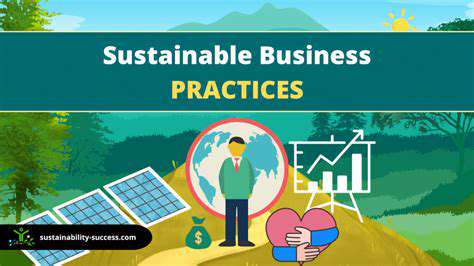
Supporting Ethical Practices
Choosing to support sustainable businesses is more than just a trend; it's a crucial step towards a more responsible and equitable future. These businesses prioritize ethical sourcing, fair labor practices, and minimizing their environmental impact. By selecting companies that embody these values, we directly contribute to a healthier planet and a more just society. Supporting ethical practices fosters a ripple effect of positive change, encouraging other businesses to adopt similar standards.
Consumers have a significant voice in shaping the market. When we actively seek out and patronize sustainable businesses, we reward their efforts and signal to the wider market that ethical practices are valued. This positive reinforcement motivates businesses to continue and expand their commitment to sustainability, leading to a more sustainable future for all.
Investing in Long-Term Value
Sustainable businesses often demonstrate superior long-term value. Their commitment to environmental and social responsibility translates into resilience and adaptability in the face of changing market conditions. By investing in these companies, you're not just supporting a cause, you're also making a sound investment. These companies often have a lower risk profile and higher potential for long-term growth.
The emphasis on sustainable practices often leads to innovative solutions and products that cater to evolving consumer needs. This forward-thinking approach frequently outpaces the competition, creating a competitive advantage and long-term value for both the business and its stakeholders. Focusing on sustainable businesses contributes to a healthier, more resilient economy.
Promoting Environmental Stewardship
Sustainable businesses play a vital role in mitigating the negative impacts of our consumption patterns. Their commitment to reducing waste, conserving resources, and minimizing pollution directly contributes to a healthier environment. Supporting these businesses is a tangible way to reduce our collective environmental footprint.
By choosing sustainable products and services, we contribute to a healthier planet for future generations. These businesses often prioritize eco-friendly packaging, renewable energy sources, and waste reduction strategies. These choices create a positive cycle of environmental stewardship, encouraging other companies to adopt similar practices.
Encouraging Positive Social Impact
Sustainable businesses often prioritize fair labor practices, community engagement, and social equity. Their commitment to these values extends beyond the bottom line, contributing to a more just and equitable society. Supporting these businesses directly impacts local communities and empowers marginalized groups.
These businesses often invest in their employees and communities, fostering a positive social impact that extends beyond the immediate transaction. Their commitment to creating a better world reflects a broader commitment to social responsibility and a more inclusive marketplace. By choosing to support these businesses, we are actively participating in a more ethical and compassionate global economy.
Read more about Guide to Sustainable Living Practices You Can Start Today
Hot Recommendations
-
*Guide to Managing Gout Through Diet
-
*Best Habits for Financial Well being
-
*How to Build a Routine for Better Mental Health
-
*How to Eat Healthy on a Budget [Tips & Meal Ideas]
-
*Guide to Practicing Self Acceptance
-
*How to Incorporate More Movement Into Your Day
-
*Guide to Managing Chronic Pain Naturally
-
*Guide to Building a Reading Habit for Well being
-
*Top 5 Weight Loss Supplements That Actually Work
-
*Best Exercises for Postpartum Recovery [Beyond Abdominal Work]
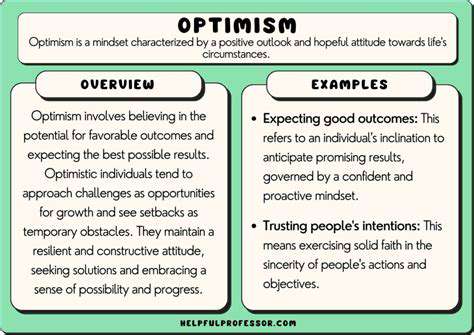

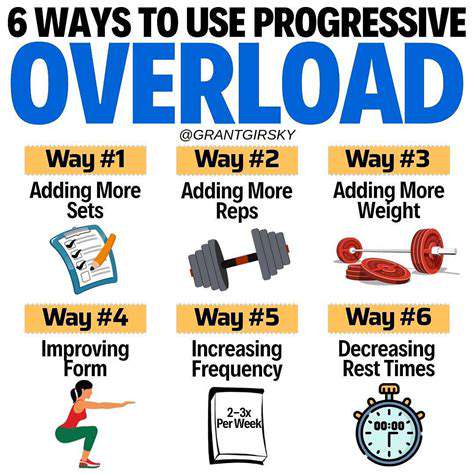

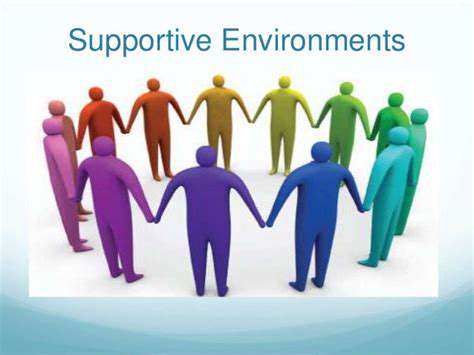
![How to Build Muscle Without a Gym [Beginner Guide]](/static/images/26/2025-07/NutritionandRecovery3AFuelingYourGains.jpg)
![How to Recover Faster After Workouts [Tips & Techniques]](/static/images/26/2025-07/ListentoYourBody3ARecognizingandAddressingSignsofOvertraining.jpg)
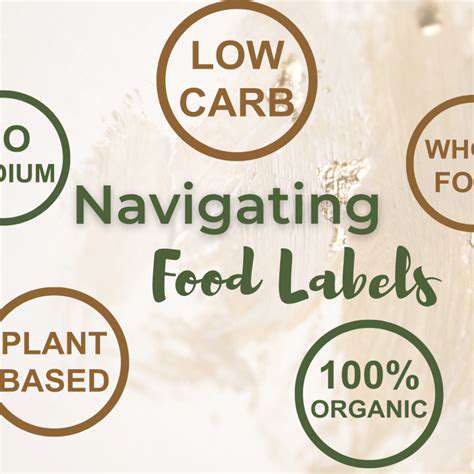

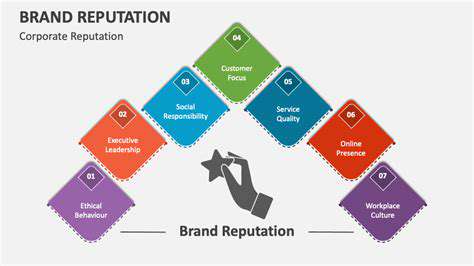
![Best Exercises for Postpartum Recovery [Beyond Abdominal Work]](/static/images/26/2025-07/PelvicFloorExercises3ATheFoundationofPostnatalWellness.jpg)
